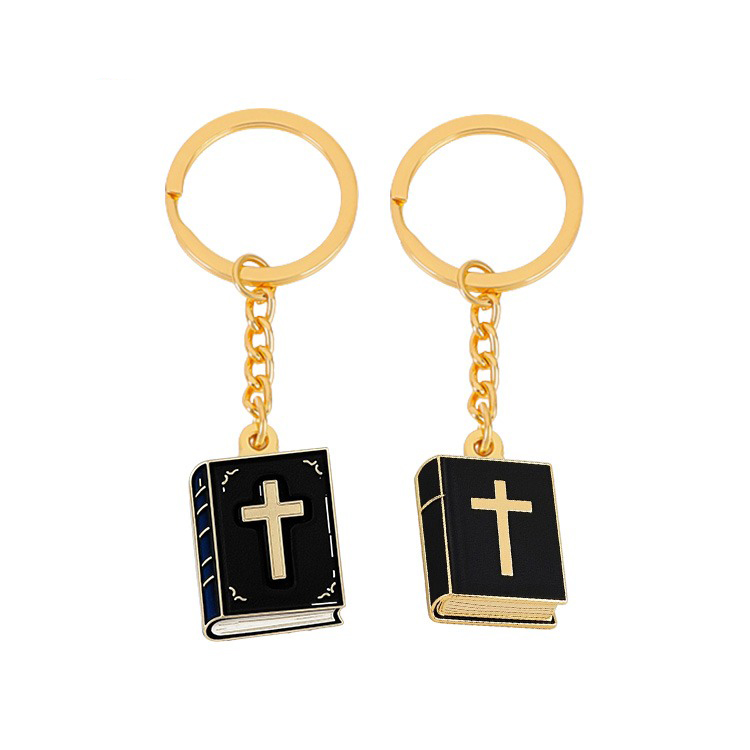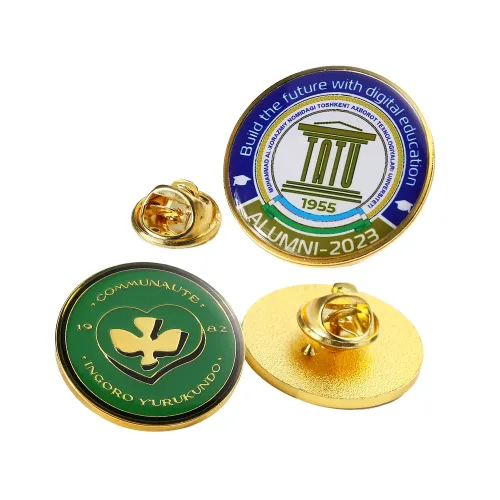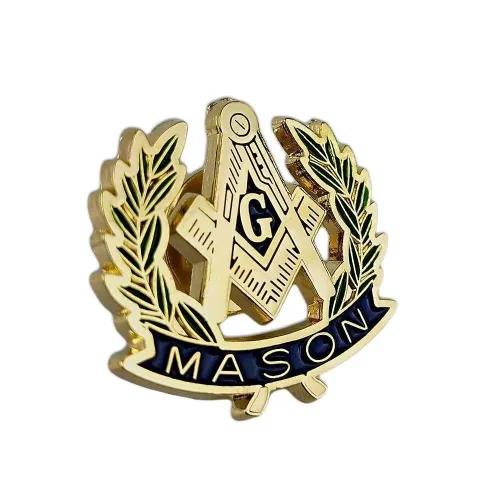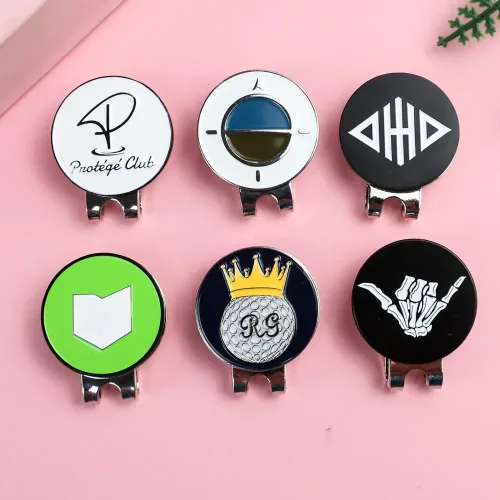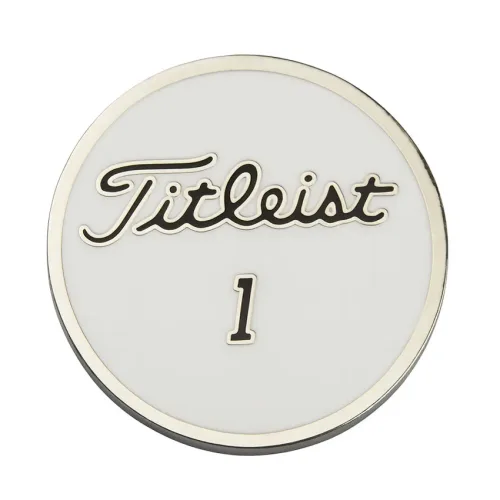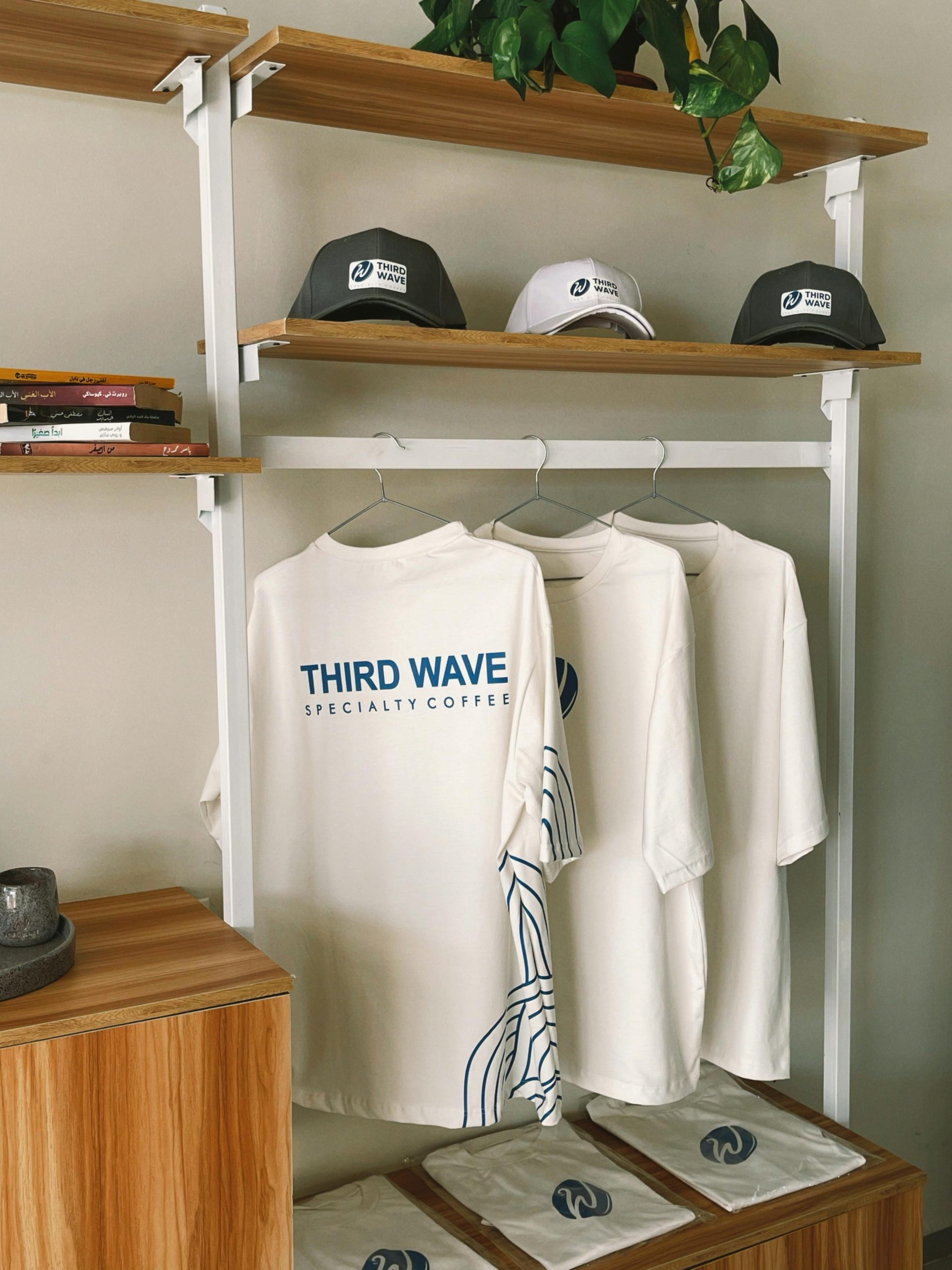
What Does Swag Mean in Business? A Complete Guide
In modern marketing, one word keeps popping up in conversations, event planning, and corporate branding: swag. If you have ever attended a trade show, received a welcome kit from a company, or picked up a free tote bag at a conference, you’ve encountered it. But what does swag mean in business, and why has it become such a powerful part of how brands connect with people? This article takes a deep dive into the history, definition, and impact of swag in the business world.
Table of Contents
- What Does Swag Mean in Business?
- The Origin of Swag and Its Acronym
- Swag Items Meaning in Business
- Why Swag Matters in Marketing
- Examples of Effective Swag Strategies
- FAQ
- Conclusion
What Does Swag Mean in Business?
At its simplest, swag refers to branded promotional products that businesses give away to employees, customers, or event attendees. These can include pens, notebooks, water bottles, tote bags, or even high-end gifts like headphones and jackets. When people ask what does swag mean in business, the answer is this: it is a marketing tool designed to build brand awareness, strengthen customer relationships, and create a sense of value and loyalty.
In a professional context, swag has become an umbrella term for almost any kind of free branded merchandise that a company distributes. Unlike traditional advertising, swag provides a physical reminder of a brand that people keep and use in daily life.
The Origin of Swag and Its Acronym
The word swag has an interesting history. In everyday culture, it has been used as slang for “style” or “confidence.” But in the business and marketing world, it takes on a different meaning. Some claim that the swag acronym business stands for “Stuff We All Get.” This playful phrase became popular in the 1990s and early 2000s as companies flooded trade shows with branded items.
Others argue the acronym of swag originated earlier, with sales reps and promoters handing out “swag bags” filled with free goods at events. While there isn’t a single official abbreviation for swag, the consensus is that it refers to items given away at little or no cost to promote a company or message. The fun and casual tone of the word makes it more appealing than terms like “corporate giveaways” or “branded merchandise.”
Swag Items Meaning in Business
To truly answer the question of swag items meaning, we need to look at the types of products included. Swag can be anything from inexpensive pens to premium gift sets. The key is that these items carry a brand’s logo, slogan, or design and are distributed to create visibility.
- Classic swag: Pens, mugs, notepads, and keychains are the staples of promotional products.
- Event swag: Tote bags, lanyards, water bottles, and T-shirts are common at trade shows or conferences.
- Modern swag: Tech gadgets like power banks, USB drives, or wireless earbuds are popular with younger audiences.
- Eco-friendly swag: Reusable bottles, bamboo utensils, or recycled notebooks align with sustainability goals.
So, when someone asks what does swag mean in business, part of the answer is also about the diversity of products it includes. Each type of item reflects a brand’s values and marketing strategy.
Why Swag Matters in Marketing
Companies invest in swag because it works. Branded merchandise creates repeated exposure every time someone uses the product. Unlike a digital ad that disappears in seconds, a high-quality water bottle or tote bag can keep a brand visible for months or even years.
Swag also creates emotional connections. Receiving a free item generates a sense of goodwill, making customers more likely to remember and appreciate the brand. For employees, swag can build company culture and pride. For customers, it can spark loyalty and word-of-mouth marketing. This is why understanding what does swag mean in business is essential for anyone working in marketing or brand strategy.
Examples of Effective Swag Strategies
Some of the best uses of swag come from companies that think beyond the obvious. Tech companies, for example, often use high-value swag such as hoodies, backpacks, or wireless chargers to appeal to employees and clients. Hospitality brands may offer keychains, travel kits, or reusable bottles that align with their customers’ lifestyle.
For smaller businesses, swag doesn’t have to be expensive to be effective. A clever design on a notebook or tote bag can create just as much impact as a premium gadget. The secret is making sure the item is both useful and well-designed. A practical item with a strong brand identity behind it is far more likely to be kept, used, and remembered.
FAQ
Q1: What does swag mean in business compared to slang?
In business, swag refers to promotional products given away for marketing purposes. In slang, it can mean confidence or style.
Q2: What is the swag acronym business version?
The most common version is “Stuff We All Get,” referring to free items distributed at events or by companies.
Q3: What is the swag items meaning in a corporate setting?
It refers to branded products like pens, mugs, tote bags, or gadgets that companies use to promote their brand.
Q4: Is there an official abbreviation for swag?
There is no single official abbreviation, but “Stuff We All Get” is widely used and recognized in marketing circles.
Q5: Why do companies spend money on swag?
Because it creates long-term brand exposure, fosters goodwill, and strengthens both customer and employee loyalty.
Conclusion
Swag may look simple on the surface, but it plays a huge role in modern marketing. From pens and tote bags to premium gadgets, these items extend a brand’s presence into the daily lives of customers and employees. When we ask what does swag mean in business, the answer is more than just free stuff. It’s a strategic tool for visibility, loyalty, and identity. Whether through classic giveaways or innovative, eco-friendly products, swag remains a marketing staple that continues to evolve with business trends.



